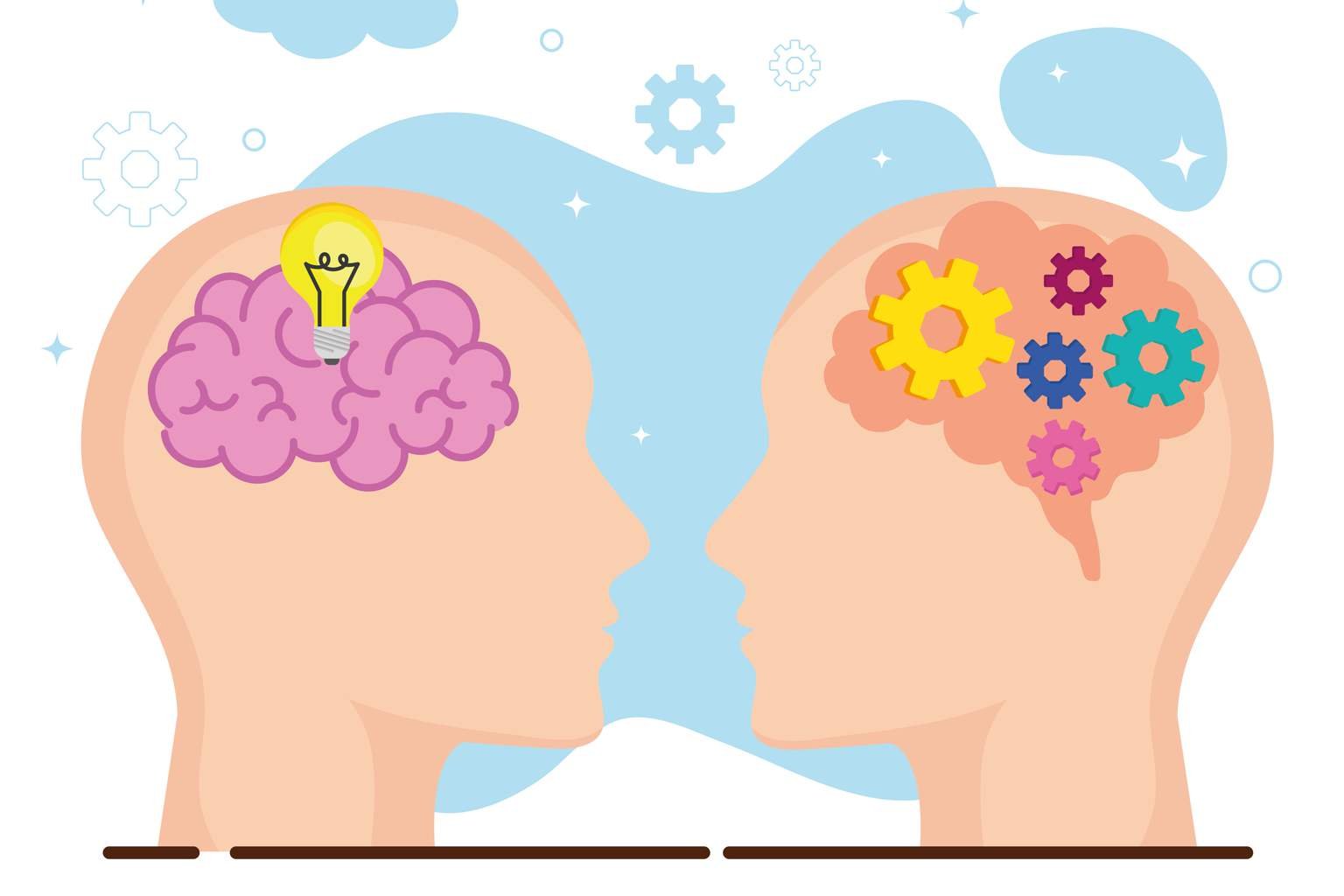Some people don’t raise their voice, yet somehow, they can shift the entire atmosphere in a room. They don’t push solutions, but they remain present even in silence. Often, they do this through simple phrases that hide a mind capable of holding space, thinking deeply, and staying truly connected.
Psychologist and psychoanalysis researcher Ana Maria Sepe, founder of Psicoadvisor, explains this connection: the way we express ourselves is deeply linked to our inner emotional balance. According to her, emotional intelligence is not just about empathy or kindness—it’s a transformative skill. It’s the difference between reacting and regulating, between speaking to defend and speaking to build.
How emotional intelligence shapes the way we speak
Emotional intelligence isn’t just visible in actions; it starts with the conversation between the brain and body. People who are emotionally mature don’t immediately jump into alarm mode at the first sign of tension. They manage the difficult feat of feeling it all without being overwhelmed.
How does this work? It’s a delicate balance between different parts of the brain and nervous system: the limbic system senses emotion, the prefrontal cortex reflects on it, and the ventral vagus nerve calms the body down.
This balance allows those with strong emotional regulation to pause between stimulus and reaction—creating a moment where words that heal are born instead of words that hurt.
Phrases that signal deep inner emotional regulation
Not all the phrases we hear every day come from the same place. Some arise from anger or fear, but others come from people who have done a deep internal workout on themselves. Dr. Sepe points out these phrases as signs of emotional balance and inner growth. Here are a few examples:
“Let me understand how you felt, not just what happened.” This seeks emotional meaning, not just the facts.
“If it hurts you, it’s real for me—even if I don’t fully understand yet.” This acknowledges pain without minimizing it.
“I notice I’m starting to react, and I don’t want to use it against you.” Pure self-awareness in the moment.
“I can’t give you a solution, but I can stay with you in what you’re feeling.” Sometimes presence is more powerful than answers.
“If you need to close off, I’ll stay even in your silence.” Acceptance without pressure, waiting patiently.
“I might be wrong. I want to understand where your feelings come from.” Setting ego aside to open genuine dialogue.
“You’re showing me something I hadn’t seen. Thank you for telling me.” Openness even in the face of difficult feedback.
What all these sentences share is a refusal to win or dominate. Instead, they aim to stay in connection. They are words that hold space rather than punish.
Building emotional intelligence
Here’s the great news: emotional intelligence can be learned. But it’s not about memorizing beautiful phrases. It grows over time through relational experiences that help us feel seen, without judgment. It takes:
– the ability to sit with our own emotions without others rushing to fix or correct them;
– relationships where we don’t have to “perform” to be accepted;
– feeling truly understood even when we are inconsistent or fragile.
This is not a quick fix.
But when we meet someone who genuinely accepts us without expectations, something inside shifts. Our bodies don’t gear up for defense anymore. Our minds stop contracting. That’s when we start learning a new emotional language—words that do more than explain; they regulate and nurture. Words not meant to impress, but to hold us together, especially when things get complicated.
Have you ever heard or said phrases like these? How did they change the way you felt or responded? Share your thoughts and experiences—let’s keep this important conversation going.

Thanks for this opportunity.
Awesome one!!!
Excellent writing regarding sense of human brain and thoughts
“I can understand why you feel that way.”
I agree it is correct about our emotions Usually our emotions stimulate through verbal communication. When some did not express their emotions Then we can observe these people express their emotions through their visual perception. I think from class five in schools should be starting to teach about our emotions